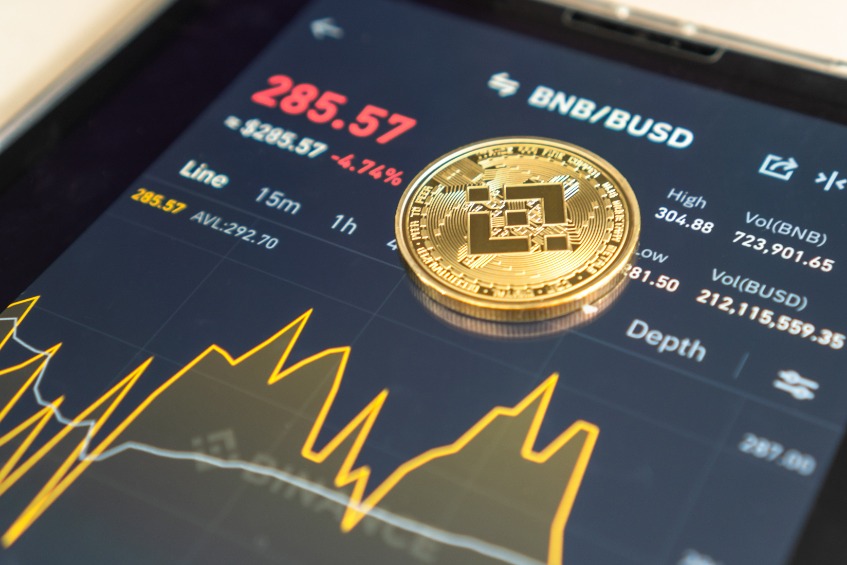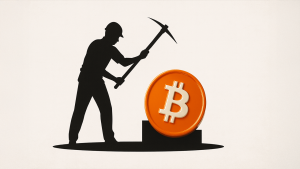Binance’s proof of reserves auditor pulls report, what does it mean?

Key Takeaways
Mazar’s, the accounting firm who worked with Binance on the proof of reserves report, has pulled the link from its website
It has also paused all crypto work indefinitely
Controversy followed the report, with critics decrying its lack of information on the liability side
Mazar’s had previously stated that this was a “report” and not an “audit”
Woops.
Binance’s “audit”, with the inverted commas very much intended there, is no more. Mazar’s the auditing firm that worked with Binance on the proof of reserves report – which was what it was referred to by Mazar’s, rather than an audit – has removed the report from its website.
It also announced that it would be pausing its work with all crypto clients. As well as Binance, this includes Crypto.com and KuCoin.
“Unfortunately, this means that we will not be able to work with Mazar’s for the moment”, a Binance spokesperson said.
Why was Mazar’s report controversial?
I have written extensively about the failure that was the proof of reserves initiative. In short, it couldn’t be less of an audit, with the report throwing up more questions than it answered.
Most prominently, there was a refusal to present liabilities, with CEO Changpeng Zhao stating on Twitter that this was “harder” and to merely “ask around” to verify that Binance don’t owe anybody anything.
yes, but liabilities are harder. We don’t owe any loans to anyone. You can ask around.
— CZ 🔶 Binance (@cz_binance) December 7, 2022
Needless to say, this instruction to ask around didn’t exactly appease the investing public, fresh from being told “assets are fine” by FTX CEO Sam Bankman-Fried, before he promptly deleted the tweet, filed for bankruptcy and was arrested this week.
Now, Binance has nothing to do with FTX, but the PTSD that investors have over the collapse of the latter is fuelling a very sensitive market right now.
Then came the terribly timed news that US prosecutors were reportedly considering filing criminal charges against Zhao and other Binance executives in relation to a money laundering case that has been ongoing for a number of years, and Binance were suddenly news story number one.
Withdrawals then flooded out of Binance.
In addition to this, the BNB token peeled back, which had previously been holding up well throughout 2022 – compared to the rest of the crypto market, at least.
What happens next?
Mazar’s revocation of the report doesn’t really change much. It is widely acknowledged in the space now that more transparency is needed. Binance – and other exchanges – operate in an opaque manner compared to traditional finance firms.
It is an ironic truth in an industry that is meant to be built on the premise of trutlessness, investors are forced to rely upon the assurances of executives on Twitter. Hopefully, the furore this episode has caused will force Binance to come completely clean and present to the world a bona-fide audit.
There is certainly nothing to suggest that the firm has any reason not to, but for paranoid investors, the opposite is also true – there is currently no way to verify that Binance are making true on their word.
Mazar’s had declared that Binance was 101% collaterised.
“At the time of assessment, Mazars observed Binance controlled in-scope assets in excess of 100% of their total platform liabilities,” the report said.
Audited proof of reserves. Transparency. #Binance https://t.co/IClZxTYaWp
— CZ 🔶 Binance (@cz_binance) December 7, 2022
But on closer look, the data wasn’t as satisfying. Binance’s assets amounted to 582,486 bitcoins and its liabilities numbered 597,602 bitcoins. This appeared to suggest an undercollaterization of 3%, but when including assets lent to customers through loan and margin accounts, came to a collaterization ratio of 101%.
While things seem to have subsided recently, with withdrawals from Binance returning to normal levels, the episode sums up that cryptocurrency has a transparency problem.
It’s great that Binance have survived this little “stress test”, but in reality, this never should have transpired in the first place. Until crypto companies bring their disclosures in line with what is presented in traditional finance, however, these episodes of trepidation will continue to pop up throughout time.
For its part, Binance has affirmed that it is moving towards more transparency. That is a great thing – and something the space desperately needs.













